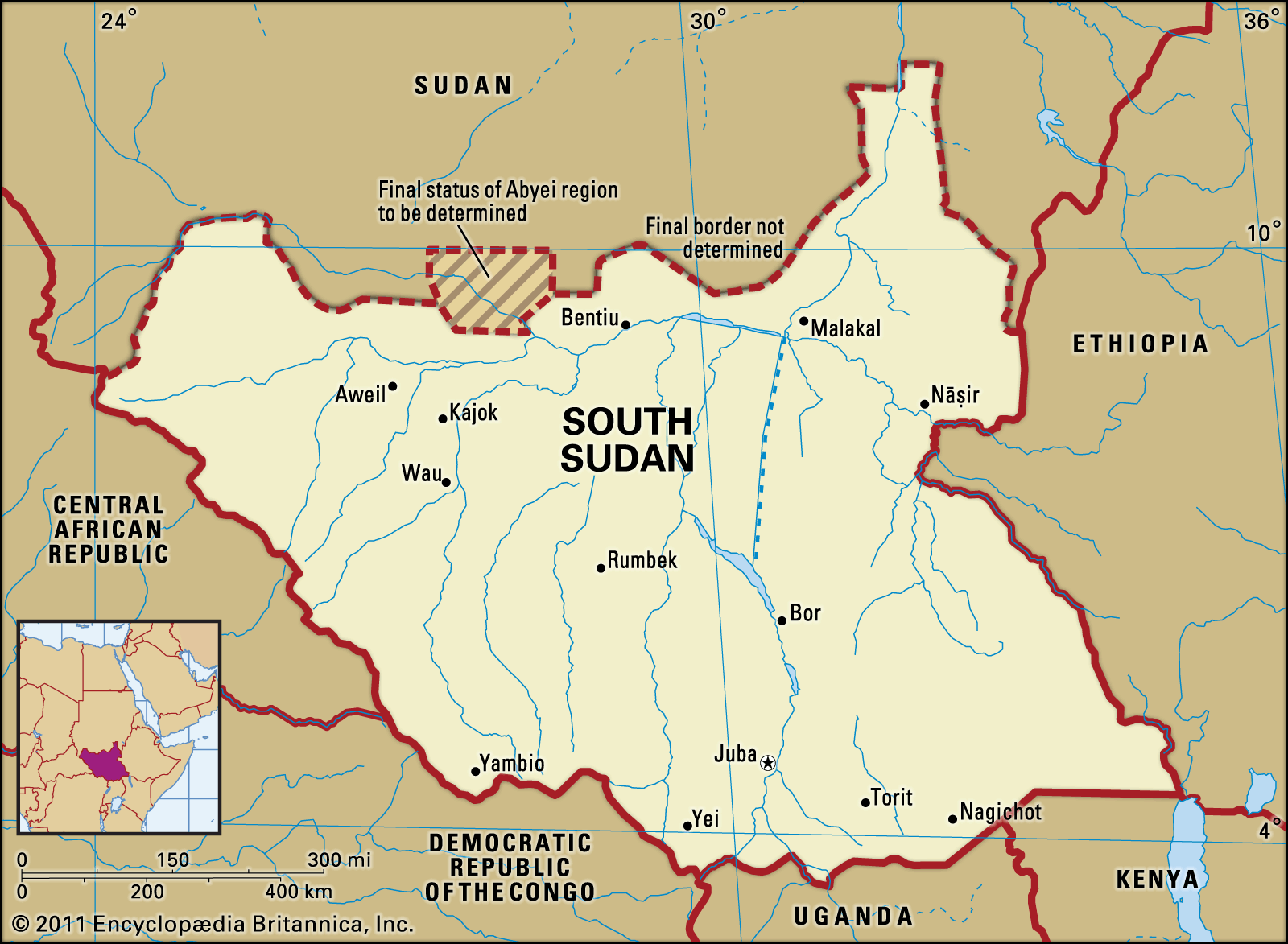by Conrad Onyango
Africa’s youngest country is betting big on the creation of a cashless society that will integrate its economy into the East African Community and build a digitized tax system. The first step has been to develop cargo tracking, to help curb the smuggling of goods, cargo diversion, and fraudulent documentation.
“The government has woken up and decided to broaden the tax base in order to look at other alternative sources of revenue. One key area that has been emphasized is on increasing non-oil revenue collection by introducing electronic cargo tracking, and by automating the tax system in general,” South Sudan Central Bank Governor James Alic Garang told bird story agency in an interview.
In early March, the country introduced the mandatory Electronic Cargo Tracking Note and levied a service charge of US$350 on commercial goods entering and leaving the country through border points.
“We are yet to achieve our ultimate objectives in that front, but considerable efforts have been made,” said Garang.
In January, South Sudan’s president, Salva Kiir Mayardit, instructed the country’s finance and public service ministries to implement a national payment system.
“The National Ministry of Finance and the Ministry of Public Service are hereby directed to implement the National Payment System, which shall include, screening of pay sheets, production of financial identification cards, and other procedures deemed necessary to ensure the salaries of civil servants and members of the SSPDF and other organized forces are paid on time and that ghost names are removed from the national payroll,” South Sudanese Radio Tamajuz said, citing the directive.
South Sudan’s economy operates primarily on a cash basis, with minimal use of cheques and no interbank money market. The only clearing house available is for manual cheques, and there is no interbank clearing facility.
In 2023, when the Bank of South Sudan (BOSS) published an Expression of Interest seeking a consultant to assist in modernizing its national payment system, it said the country’s financial sector was severely lacking.
“In the absence of an electronic system for handling inter-bank transactions, clearing banks meet at the Bank of South Sudan Clearing House to exchange paper instruments and establish their net settlement positions. Settlement is then effected on a deferred basis,” the regulator said.
South Sudan’s banks are the main providers of payment services, with 28 commercial banks licenced to operate and six foreign-owned. Most local banks are small, with only one branch, and their primary business is foreign exchange trading.
Regulations have been drafted to provide for the launch of mobile payment and banking services, according to BOSS.
Oil accounts for approximately 90% of the country’s total revenue. Most of that goes to running the government and other national operations.
This over-reliance on oil has become unsustainable for the government due to frequent oil production shutdowns.
“It is true that we have been depending on one source of revenue from the get-go and that has been oil. We have one government that is huge and unable to meet its obligation. The needs are so huge, and the resources are finite,” expressed Garang.
“And now the matter has been made worse because of the oil shutdown or the complications that happened around the oil flow. So because of that, it has implications on the economy,” he said.
The latest disruptions occurred in early February when a key oil pipeline that passes through neighboring Sudan was damaged in that country’s civil war, prompting the Dar Petroleum Oil Company to suspend loadings.
According to S&P Global Insights, South Sudan produces around 160,000 barrels per day of crude oil. That figure is far lower than the 350,000 barrels per day produced in 2013. The country relies entirely on pipelines routed through its northern neighbor to export crude via Port Sudan to refiners in Malaysia, Singapore, China and Italy.
bird story agency
South Sudan, Africa's youngest country, is pushing towards a cashless society to better integrate into the East African Community and create a digitized tax system. Efforts include the introduction of electronic cargo tracking to curb smuggling and fraudulent activities, and the implementation of a national payment system as directed by President Salva Kiir Mayardit.
The country heavily relies on oil, which constituting 90% of its revenue, but frequent shutdowns and complications in oil production have made this reliance unsustainable. The Bank of South Sudan (BOSS) is seeking to modernize its financial system by automating tax collection and introducing mobile payment services. However, the financial sector still faces significant challenges, including the lack of an electronic system for handling inter-bank transactions.
Recent disruptions in oil exports, caused by damage to infrastructure in neighboring Sudan, highlight the fragility of South Sudan’s economy, which has seen its oil production drop significantly from 350,000 to 160,000 barrels per day since 2013.






